
'It Was a Great Learning Experience for the New Generation of Mathematicians'
From November 5 to 9, 2024, HSE University hosted a five-day conference on algebraic geometry and mathematical physics, organised jointly with the Beijing Institute of Mathematical Sciences and Applications. Over 30 mathematicians from the world's leading universities, including early-career scientists, participated in the event.
'HSE University Taught Me to Think Critically'
Alexandra Kislyonkova, 27, originally from Kazakhstan, graduated with a bachelor’s degree in Sociology and Social Informatics from HSE University in St Petersburg. After completing her bachelor's, Alexandra pursued a master’s in the 'Science of Learning and Assessment' programme at HSE University in Moscow. Alexandra is currently a PhD student in the Quantitative Methods, Measurement, and Statistics programme at the University of California, Merced, where she also holds a teaching position in the Psychology programme. We asked Alexandra about her studies at HSE University, her scientific interests, the subject of her dissertation, and... how to marry an HSE University student!
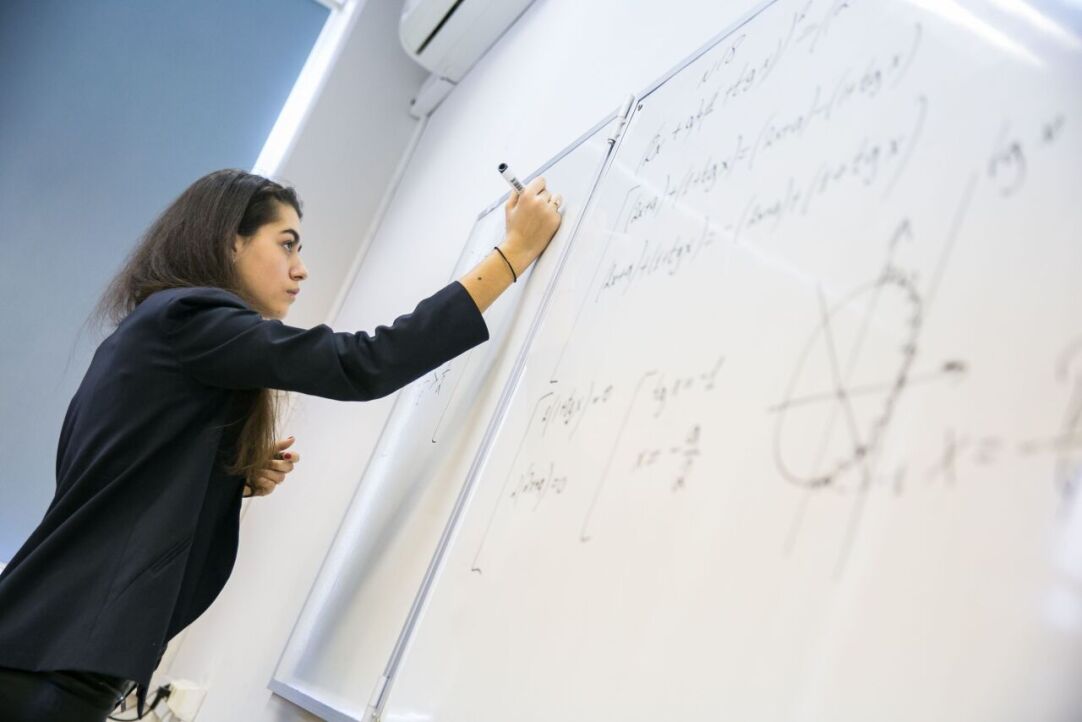
Mathematicians from Russia and China Meet at HSE University
From November 5 to 9, 2024, HSE University, in collaboration with the Beijing Institute of Mathematical Sciences and Applications, is hosting a joint conference on algebraic geometry and mathematical physics. Over 30 mathematicians from leading universities in Russia and China are presenting on recent advancements in geometry and mathematical physics. The conference is held in a hybrid format.
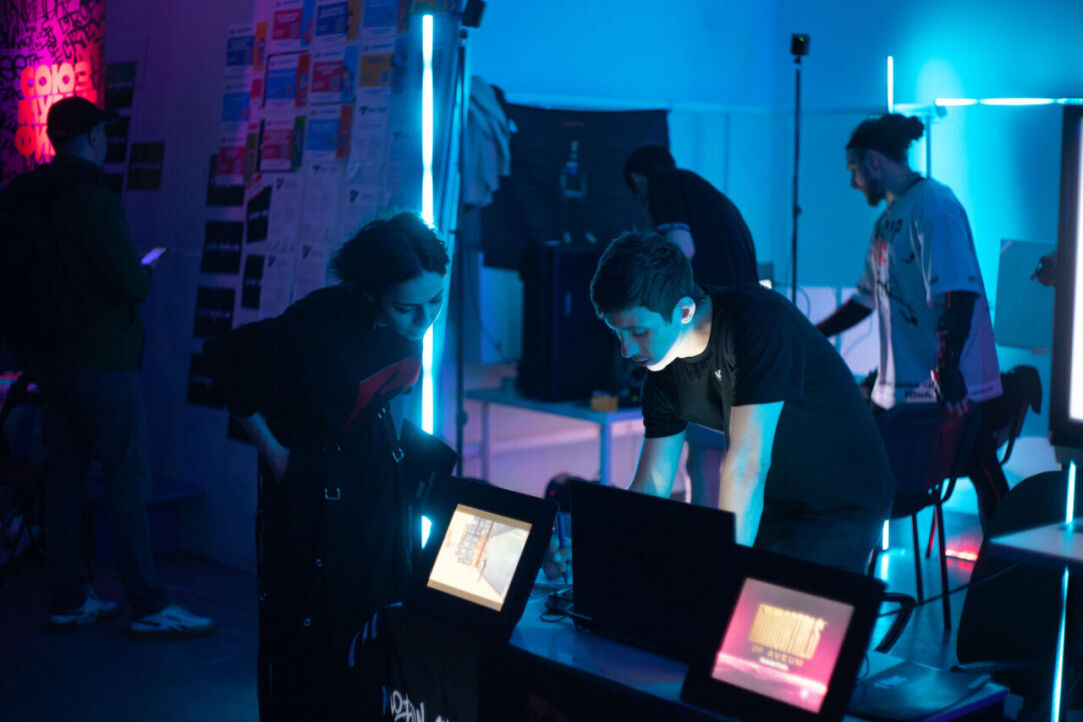
CG RAVE and the First CG WAVE Award, the Largest Computer Graphics Event in Moscow
On December 14–15, 2024, the CG RAVE conference will gather top professionals in the com-puter graphics (CG) industry for the fourth time at its venues. This event is co-organised by the HSE Art and Design School.
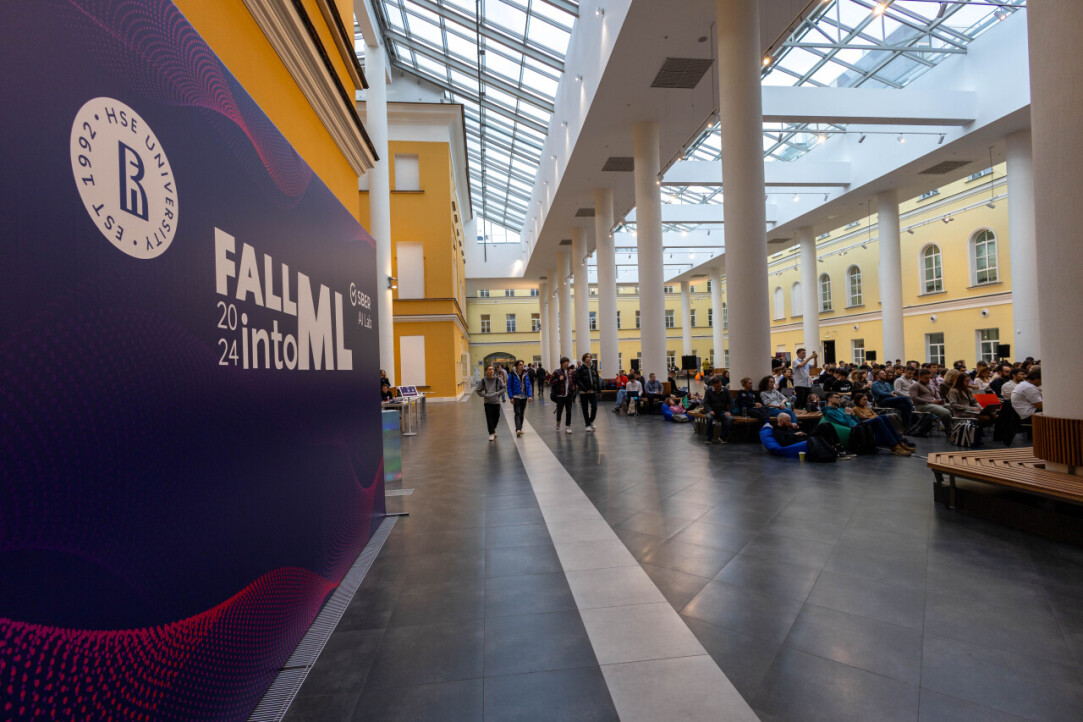
Fall into ML 2024: Looking into the Future of Machine Learning
On October 25-26, the Fall into ML Conference was held in Moscow, organised by the AI and Digital Science Institute of the HSE Faculty of Computer Science in collaboration with the AI Research Centre and with support from the title partner, Sber. Over the course of two days, leading experts in artificial intelligence discussed prospects for advancing fundamental AI technologies.
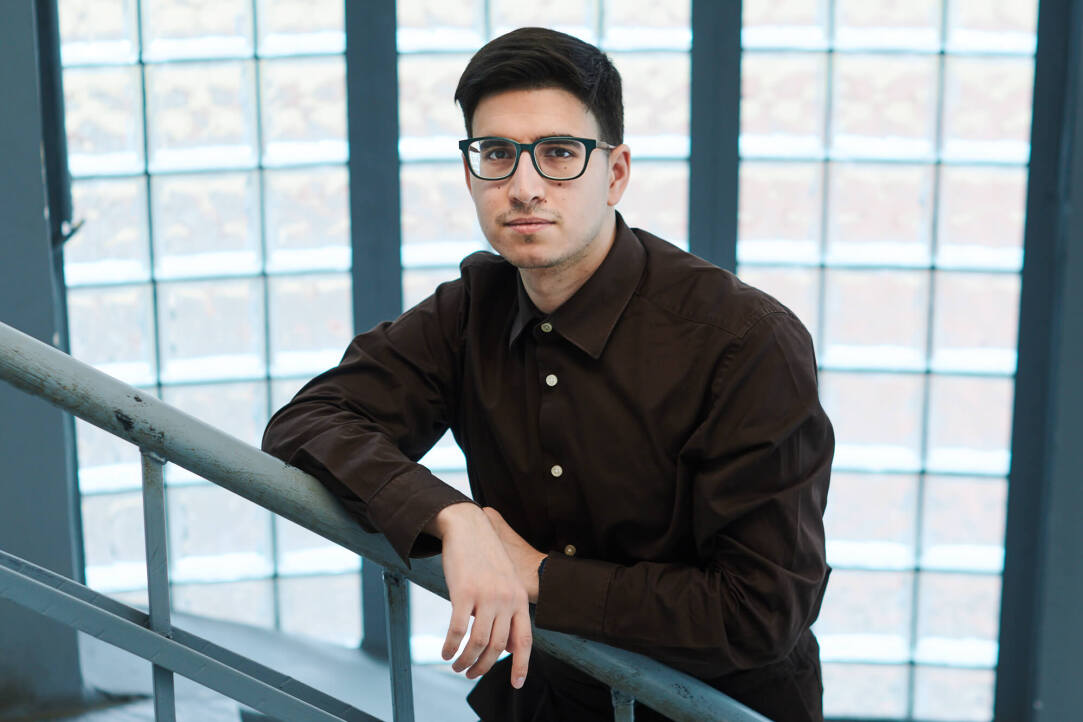
'I Have an Interest in Everything Related to Islam and Politics'
Mir-Ali Askerov became a scientist out of curiosity: initially, he read about the activities of radical Islamist groups, and later, he learned how to study them academically. In this interview with the HSE Young Scientists project, he explains why he chose to study moderate political parties in Central Asia, discusses the concept of God's sovereignty in lawmaking currently adopted in Afghanistan, and shares his fascination with Sufism.
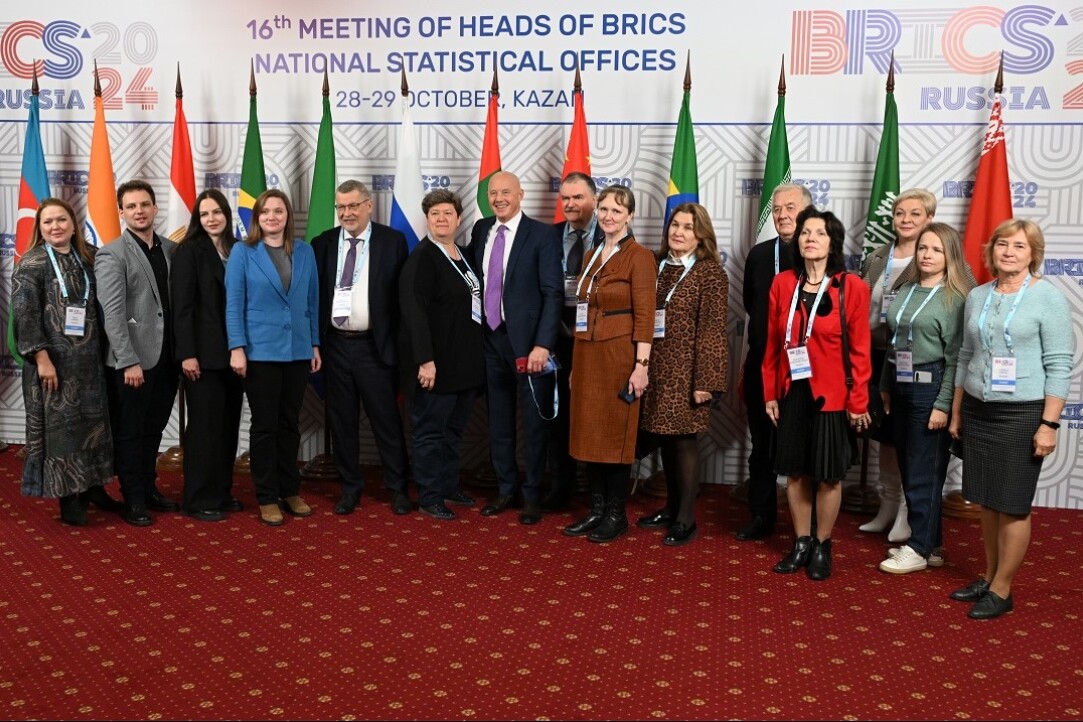
BRICS Representatives Discuss the Development of Statistics in Member Countries
The significance of statistics in today’s digital age has reached a new level. Many decisions at government and business levels are based on data analysis. However, there is a mixed perception of official statistics, which negatively affects trust in public policies. The heads of BRICS statistical agencies discussed this issue and ways to address it at a forum in Kazan, where a representative from HSE University also participated in the event.

‘Language Is the Key to Understanding the Soul of a Country’
Every semester, 21 countries and 52 universities open their doors to students from HSE University as part of the student international mobility programme. In the fall semester of 2024, Sofya Malyukova, a third-year student of the bachelor's programme ‘Foreign Languages and Intercultural Communication’ at the HSE School of Foreign Languages, went to study at Ca' Foscari University (Venice, Italy) through the student mobility programme.
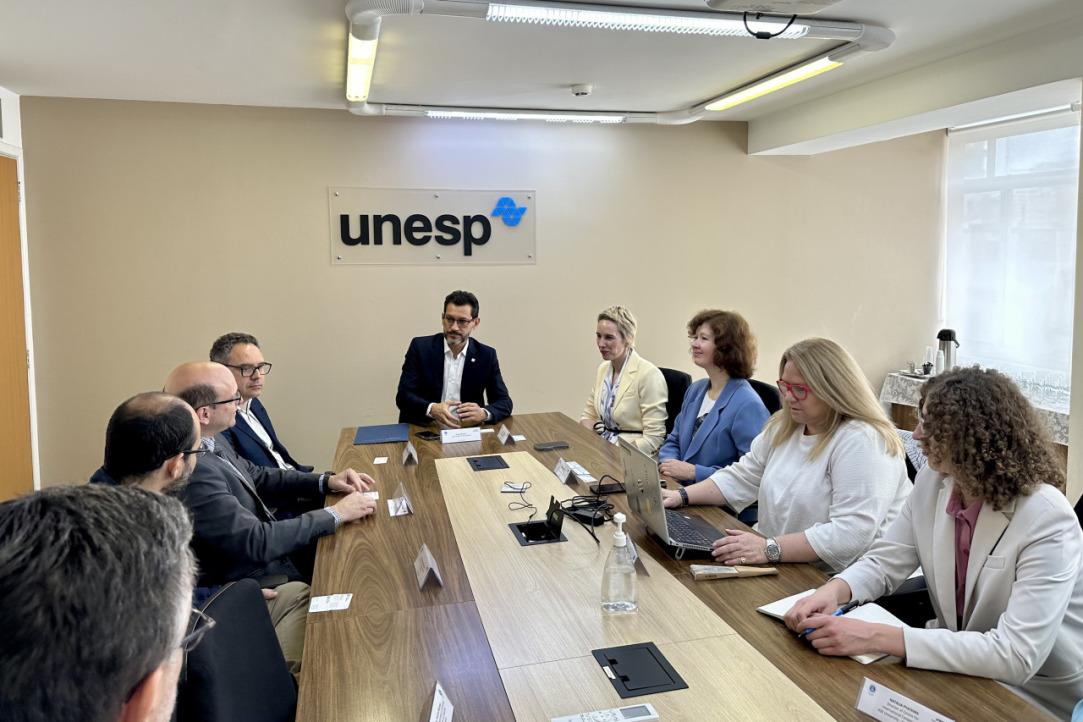
HSE University Negotiates to Launch Joint Projects with Leading Universities in Brazil
In the framework of the academic mission to Latin America, HSE University-St Petersburg has negotiated to launch joint projects with leading Brazilian universities. Thus, with the University of São Paulo, the first in the QS ranking among Brazilian universities, HSE plans to carry out joint research aimed at supporting biodiversity, developing biotechnologies and solving ecological and social issues.
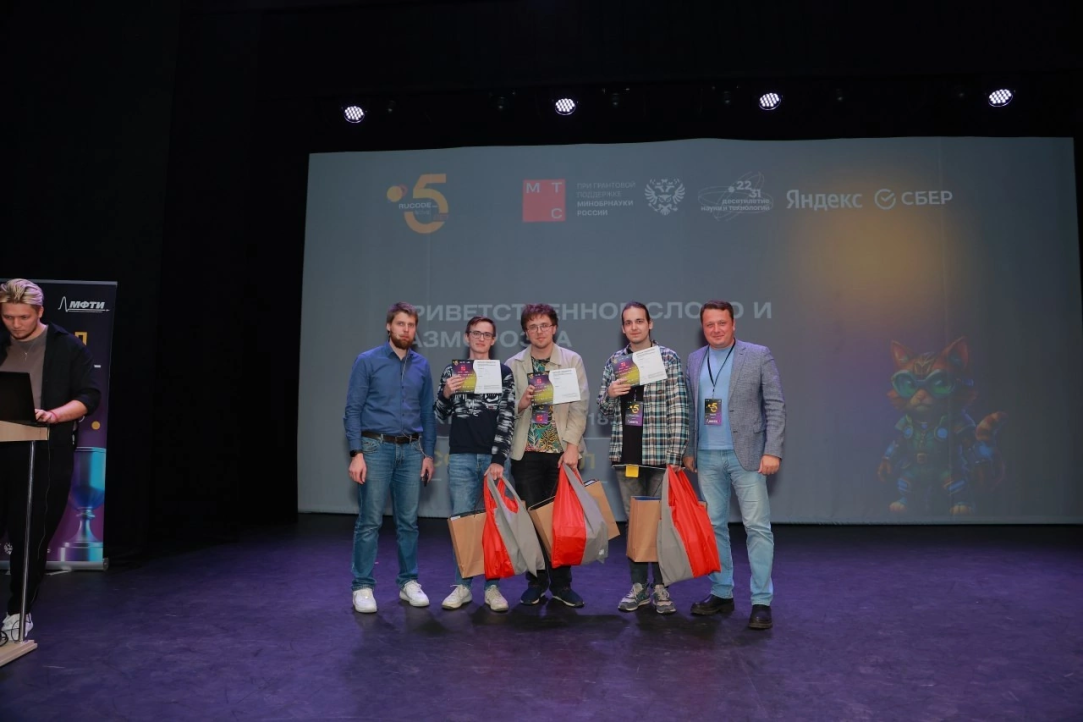
HSE Team Takes First Place in RuCode Algorithmic Programming Championship
On October 20, 2024, the final round of the RuCode Algorithmic Programming Championship took place, setting a new record in the Russian Book of Records as the ‘Largest Competitive Programming Event.’ The event, held simultaneously across 24 locations, hosted 1,450 participants divided into 500 teams. The overall winner of the senior team division was the M.O.S.C.O.W. team from the HSE Faculty of Computer Science (FCS).


Registration is open until October 4, 2025